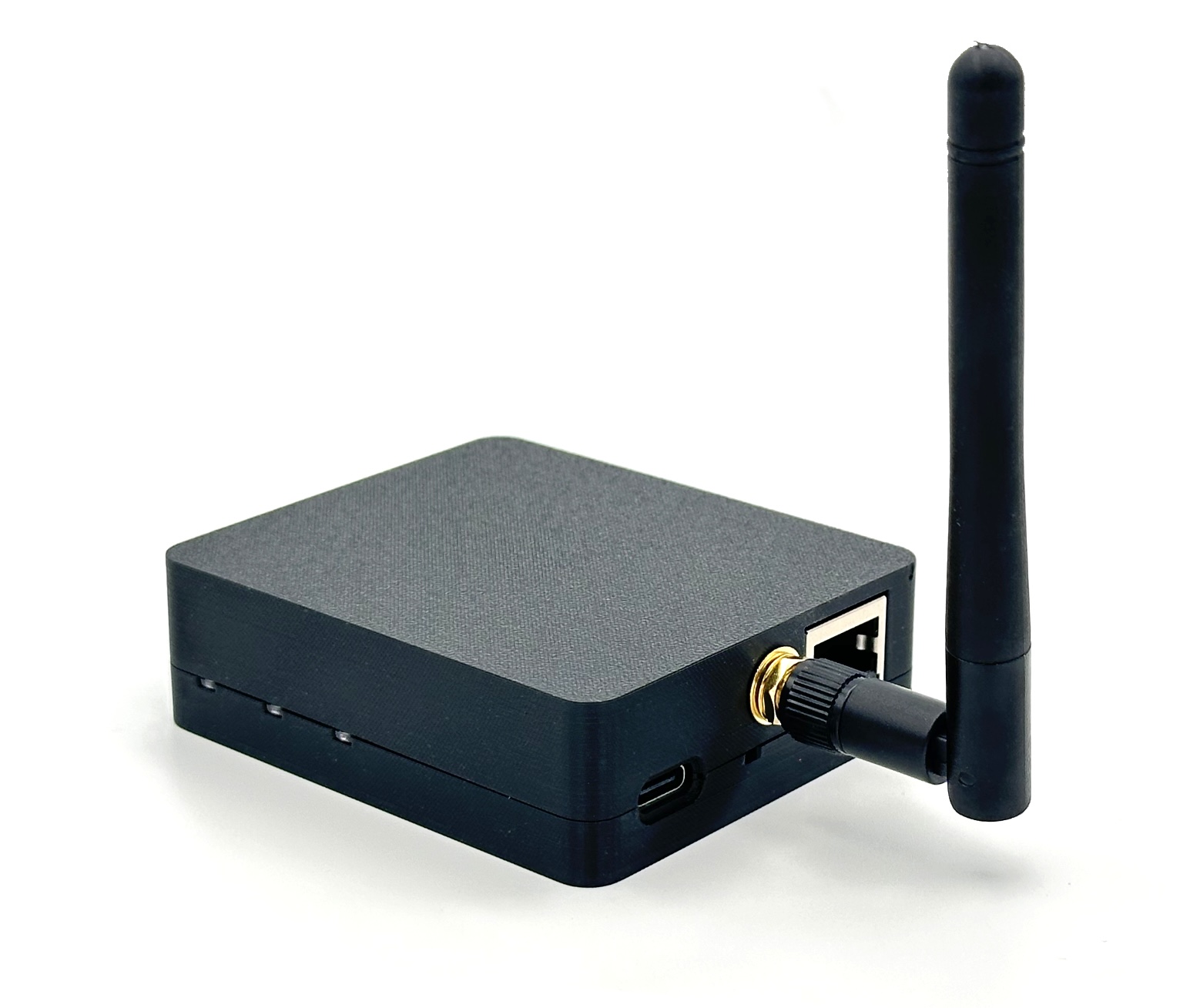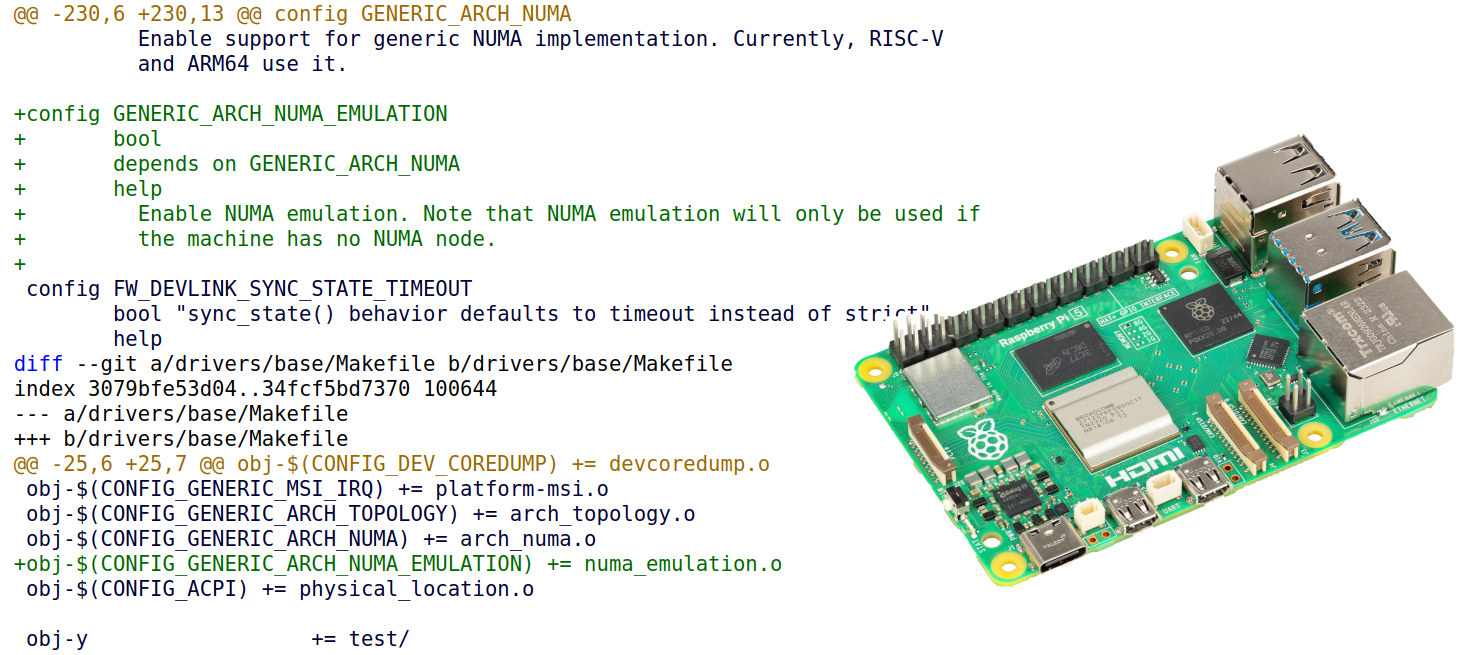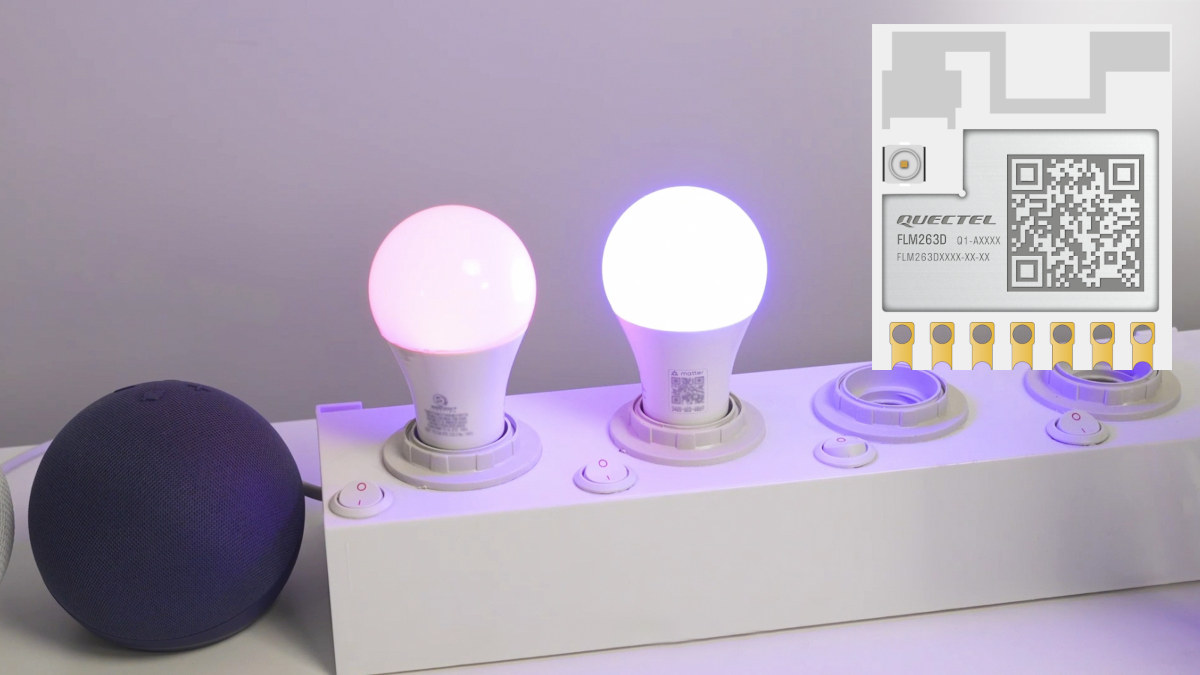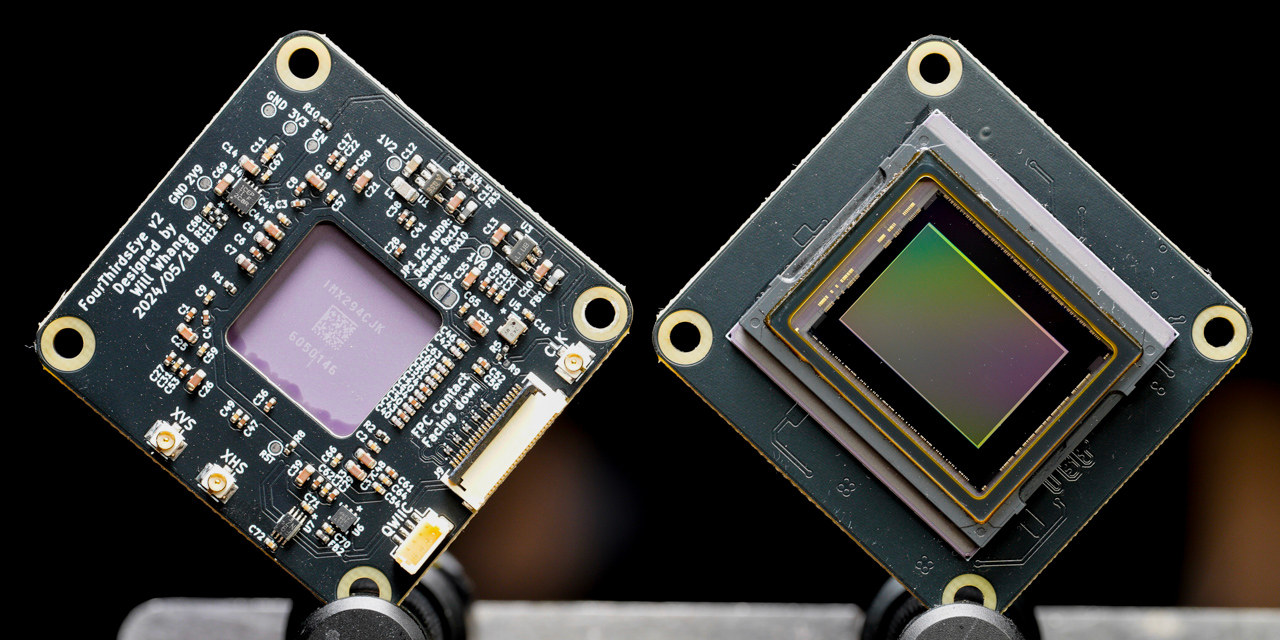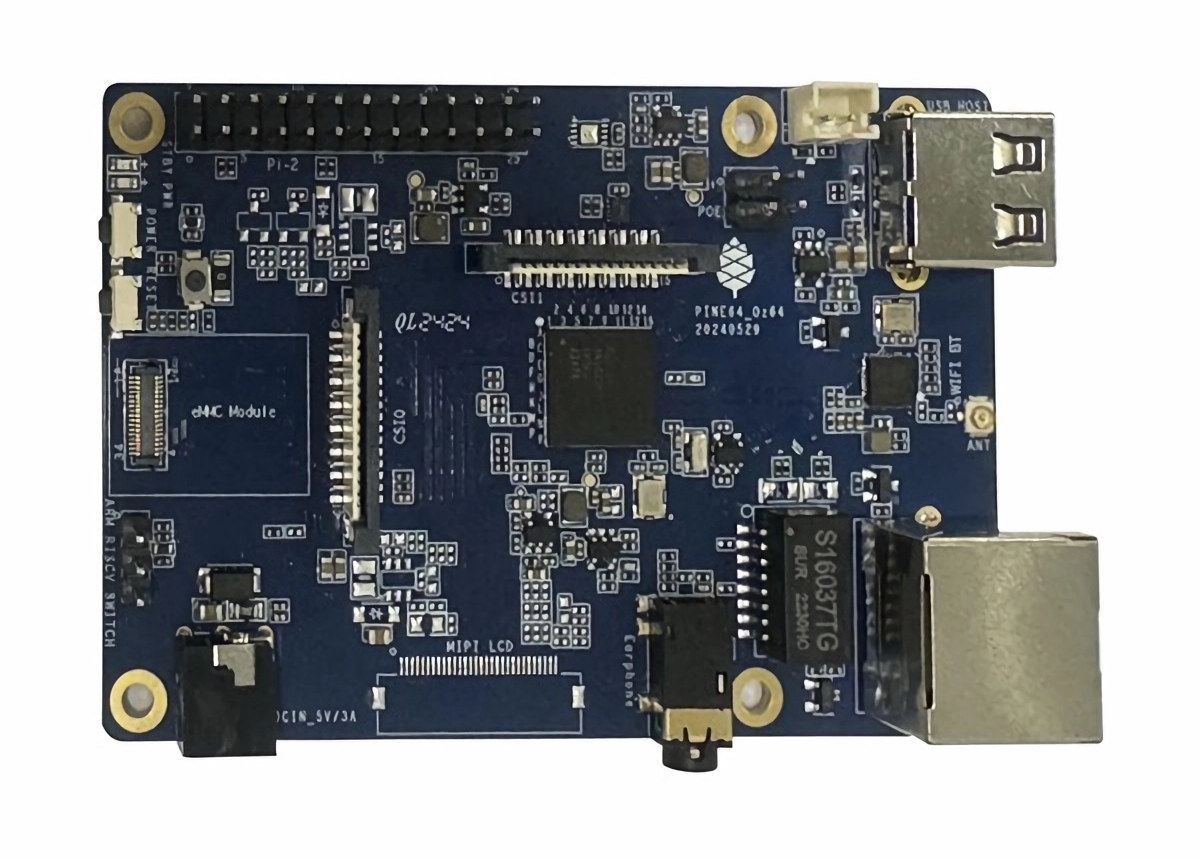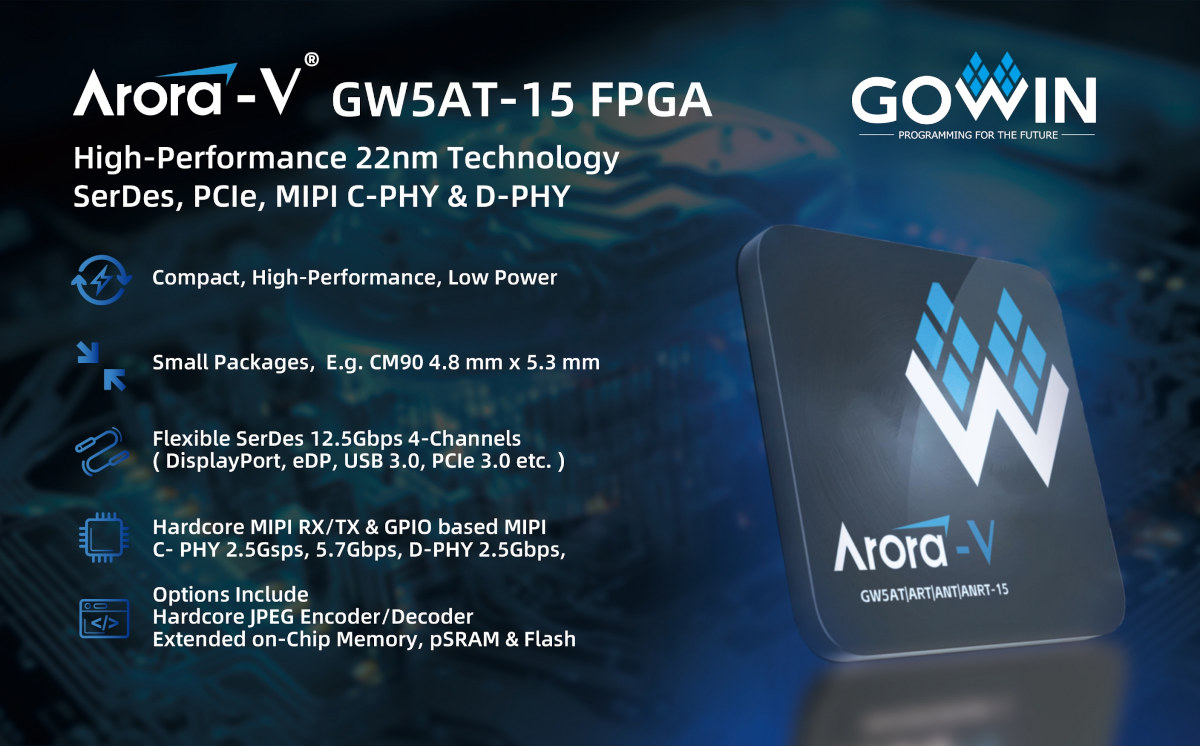The cod.m Zigbee Coordinator 1.0 (CZC 1.0) is a hybrid ZigBee coordinator that can be used to connect devices over a network (Ethernet/Wi-Fi) and USB. The ZigBee Coordinator version 1.0 is an upgrade of version 0.2 released in 2022. The CZC 1.0 replaces the Texas Instruments CC2652P2 chip with the much more powerful CC2652P7 chip, uses an ESP32-WROOM-32E module instead of the USR-K6 chip, and adds compatibility with Home Assistant (ZHA integration). It can create a Zigbee network and pair Zigbee devices over Ethernet, WiFi, or Serial (USB). It features the same Texas Instruments CC2652P7 chip as the SMLIGHT line of Zigbee Ethernet/WiFi/USB coordinators and USB dongles. There are two models of the CZC 1.0: a Power over Ethernet model and a model that can only be powered via USB-C. cod.m Zigbee Coordinator specifications: Zigbee SoC – Texas Instruments CC2652P7 Arm Cortex-M4F microcontroller @ 48 MHz with 704 KB flash, […]
HIGOLE F9B Pro Intel N100 mini computer comes with a built-in 7-inch touchscreen display and 5,000 mAh battery
HIGOLE F9B Pro is a mini PC powered by an Intel Processor N100 quad-core CPU and equipped with a built-in 7-inch touchscreen display, a 5,000mAh battery, and full-size ports that could be confused with a 7-inch tablet if it was not so thick… GOLE/HIGOLE has made many such mini PCs with integrated displays over the years initially to lower the Windows license fee, but they’ve kept making those with new Intel families, for example with the Gemini Lake-powered GOLE1 Pro mini PC with a 5.5-inch display introduced in 2022. The HIGOLE F9B Pro is just the latest iteration with a modern Alder Lake-N CPU and a 7-inch touchscreen display. HIGOLE F9B (Pro) specifications: SoC – SoC – Intel Processor N100 quad-core Alder Lake-N processor @ up to 3.4 GHz (Turbo) with 6MB cache, 24EU Intel HD graphics @ 750 MHz; TDP: 6W System Memory – 16GB LPDDR4 Storage 256GB or […]
NUMA emulation patch boosts Geekbench 6 benchmark results by up to 18% on Raspberry Pi 5
Igalia Engineer, Tvrtko Ursulin has recently submitted a patch to the Linux kernel adding a NUMA (Non-Uniform Memory Access) emulation implementation for arm64 platforms that boosts the performance of 64-bit Arm targets by “splitting the physical RAM into chunks and utilizing an allocation policy to better utilize parallelism in physical memory chip organization”.
The NUMA emulation implementation was tested on a Raspberry Pi 5 SBC and the Geekbench 6 single-core score improved by 6%, while the multi-core score boosted by 18% after splitting into four emulated NUMA nodes. In other words, that’s like having a Broadcom BCM2712 CPU overclocked from 2.4 GHz up to 2.83 GHz.
Quectel FLM263D 2.4 GHz WiFi 6 and BLE 5.2 RISC-V module supports Amazon Alexa Connect Kit (ACK) SDK for Matter
Quectel Wireless FLM263D is a standalone WiFi 6 and Bluetooth 5.2 LE module with a 320 MHz RISC-V microcontroller that supports Alexa Connect Kit (ACK) SDK for Matter for connectivity with Amazon Alexa, Google Home, Samsung SmartThings, Apple HomeKit, and other Matter-compliant Smart Home devices. The module also implements security standards such as secure boot and Mbed TLS encryption. The FLM263D offers certifications such as Works with Alexa (WWA) and supports features such as Matter Simple Setup (MSS) that allows zero-touch setup of Matter-compliant smart home devices through Alexa. Quectel FLM263D specifications: MCU – RISC-V wireless microcontroller up to 320 MHz, with 512KB SRAM and 4MB flash (likely Beken BK7235) Wi-Fi 6 & BLE 5.2 WLAN Protocol – IEEE 802.11b/g/n/ax Wi-Fi Frequency Band – 2.4 GHz Wi-Fi Modulation Mode – CCK, BPSK, QPSK, 16QAM, 64QAM Wi-Fi Operating Mode – AP, STA, STA + AP WiFi Rx sensitivity – Up to […]
FourThirdsEye is an open-source hardware 10.7MP IMX294 camera module for the Raspberry Pi 5/CM4
Will Whang’s FourThirdsEye project is an open-source hardware camera module designed for Raspberry Pi 5 SBC and Raspberry Pi Compute Module 4 SoM using a Sony IMX294 Type 4/3 CMOS image sensor. The camera module can capture 10.7 MP images and 4K (4096 x 2160) videos with improved low-light performance and dynamic range (4.63 um pixel size) compared to existing Raspberry Pi camera modules. Will claims it’s perfect for photography enthusiasts, developers, and makers who want a more powerful camera for their Raspberry Pi projects. FourThirdsEye camera module specifications: Sony IMX294 sensor Output image size – Diagonal 21.63 mm (Type 4/3) aspect ratio 17:9 & 4:3 Number of effective pixels 4168 (H) × 2176 (V) approx. 8.93M pixels (aspect ratio 17:9) 3792 (H) × 2824 (V) approx. 10.71M pixels (aspect ratio 4:3) Unit cell size – 4.63 μm (H) × 4.63 μm (V) Optical blacks Horizontal – Front: 0 pixels, […]
Pine64 Oz64 RISC-V+Arm SBC to support NuttX RTOS and Debian Linux
Pine64 Oz64 is an upcoming credit card-sized SBC based on the SOPHGO SG2000 RISC-V+Arm(+8051) processor that currently runs NuTTX RTOS, and a Debian Linux image is also in the works. With a name likely inspired by the earlier Pine64 Ox RISC-V SBC, the Oz64 is a more powerful embedded board with 512 MB of DRAM integrated into the SG2000, a microSD card, an eMMC flash module connector, Ethernet port, WiFi 6 and Bluetooth 5.2, a USB 2.0 Type-A host port, and a 26-pin GPIO header. Pine64 Oz64 specifications: SoC – SOPHGO SG2000 Main core – 1 GHz 64-bit RISC-V C906 or Arm Cortex-A53 core (selectable) Minor core – 700 MHz 64-bit RISC-V C906 core Low-power core – 25 to 300 MHz 8051 MCU core with 8KB SRAM NPU – 0.5 TOPS INT8, supports BF16 Integrated 512MB DDR3 (SiP) Storage MicroSD card slot eMMC flash module connector Display – Optional 2-lane […]
GOWIN GW5AT-15 low-cost FPGA provides high-speed video interfaces up to 4K at 120 FPS
GOWIN Semiconductor has just announced the “Arora V” GW5AT-15 FPGA designed for high-speed video interfaces up to 4K at 120 FPS in space-constrained consumer and automotive applications. Manufactured with TSMC’s 22nm LP process, the new FPGA offers high-performance 12.5 Gbps SerDes, PCIe 3.0, MIPI CPHY, and DPHY interfaces. The GW5AT-15 FPGA also provides 15K LUTs of programmable logic, 118kbit of shadow SRAM, 630kbit of block SRAM (BSRAM), optional 64Mbit or 128Mbit of pseudo-SRAM (PSRAM), and optional 8Mbit of NOR Flash in a tiny 4.9mm x 5.3mm WLCSP package. Target applications include AR/VR headsets, 4K gaming tablets, and car infotainment systems. GOWIN GW5AT-15 FPGA specifications: FPGA Fabric 15120 logic elements (LUT4) 118kbit of shadow SRAM 630kbit of block SRAM (BSRAM) arranged as 35 x 18kbit 28x DSP slices, 12x DSP Lite slices PSRAM GW5ART-15: 64Mbit (in MG132P package) or 128Mbit (in CM90P package) of pseudo SRAM (PSRAM) GW5ANRT-15: 64Mbit PSRAM DDR […]
SiFive announces Essential Gen4 RISC-V CPUs for embedded applications
As the RISC-V Summit Europe 2024 is underway, SiFive has announced the fourth generation of its “Essential” RISC-V CPUs (Essential Gen4) with improved power efficiency and more flexible interfaces for SoCs used in embedded devices. The update covers 32-bit and 64-bit RISC-V cores including the U6 and U7-series 64-bit application processors, the S2, S6, and S7 64-bit real-time embedded processors, and the E2, E6, and E7 32-bit real-time embedded processors. Essential Gen4 IP keys features: Up to 40% runtime power reduction 8x different baseline embedded 32-bit and 64-bit cores From 2-stage single-issue to 8-stage superscalar Improved L2 cache and enhanced L1 memory Configuration and integration options CPU type, profile, and options On-chip memories selection System, peripheral, and front ports Advanced power management and security Debug and trace Software support includes embedded Linux and FreeRTOS operating systems and Eclipse-based IDE for C/C++ development. That’s another low-quality, light-on technical details announcement from […]


